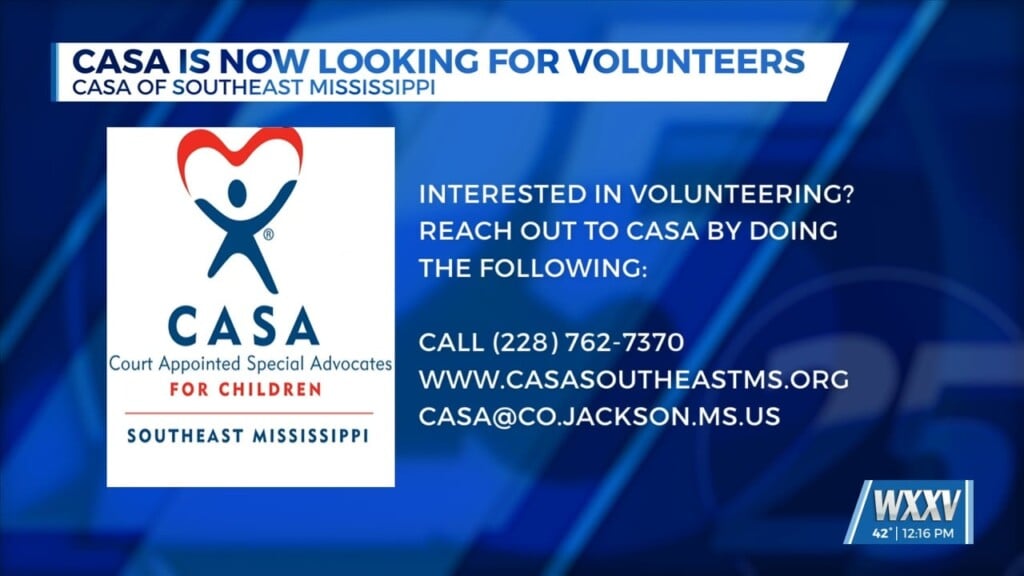What Are the Odds? (Part 1)
News 25 reveals how officials and casino executives are working to bring the city back to life and what advice they have for the Gulf Coast to keep our gaming market strong. The popular board game, Monopoly, is modeled after the streets of Atlantic City, and the similarities don’t end there.
The city held a monopoly in casino gaming on the east coast for almost 20 years. Don Guardian, Mayor of Atlantic City, says, "I don’t think anyone anticipated the crisis that we went through this year. I think, you know, 10 years ago, 15 years ago, I was disappointed that we weren’t using the money that was generated with casinos to rebuild the city, to repurpose ourselves, to become a whole lot more than a gaming mecca."
The gaming industry as a monopoly was a bet Atlantic City gambled on 38 years ago, which would come to an end in the early 2000s when nearby states such as Connecticut, Pennsylvania, and Delaware all approved gaming sites of their own. That’s when the city went from making $5 billion in gaming revenue a year, to $2.5 billion.
The over saturation of casinos along the east coast allowed people to stay closer to home rather than traveling to Atlantic City. John Hairston, Chairman of the Mississippi Gaming Commission, says, "That pie slice that was just gaming, was too much, and so we don’t want to make the same mistake here, and we’re not gonna’ make that same mistake here, and so we’re gonna’ have gaming as clearly one of the center pieces of our draw for tourism here, but it’s gonna’ be one of the draws, not the draw."
The decrease in gamblers and their money resulted in four casino closings in 2014, resulting in the loss of 8,000 jobs. Last spring at the Southern Gaming Summit in Biloxi, the Golden Nugget Casino’s C.E.O., Tillman Fertitta, warned of the dangers of oversaturation on the Gulf Coast as Margaritaville closed its doors and the Scarlet Pearl in D’Iberville is preparing to open theirs. Fertitta says, "I think you just gotta’ do no more properties for a while. I think you gotta’ put, you know, a five year no more properties, and you’ve got to weed out the weak, because there’s a lot of weak properties."
That is exactly what’s happening in Atlantic City. Guardian also says, "So this year, everything came to a crash. The casinos in Atlantic City that hadn’t re-invested in their properties and were running the weakest house ended up closing. They couldn’t keep up with the competition."
Besides increased competition, Atlantic City wasn’t a prime destination anymore for tourists. Its streets are full of trash and crime. Current city officials blame past leaders who would pass go, collect $200 like in Monopoly, without giving back to the community. Guardian also says, "We put all of our eggs in one basket. Gaming gave us taxes and they gave us jobs and benefits and so we thought we didn’t need anything else, so we let the city go. We didn’t care about clean streets or crime or whether people came to our beaches."
The story is far from over. Mayor Guardian is working to restore the city with the help of the Atlantic City Alliance by bringing in $1 billion in non-gaming development, making many believe there’s still something in the cards for the city by the sea.




Leave a Reply